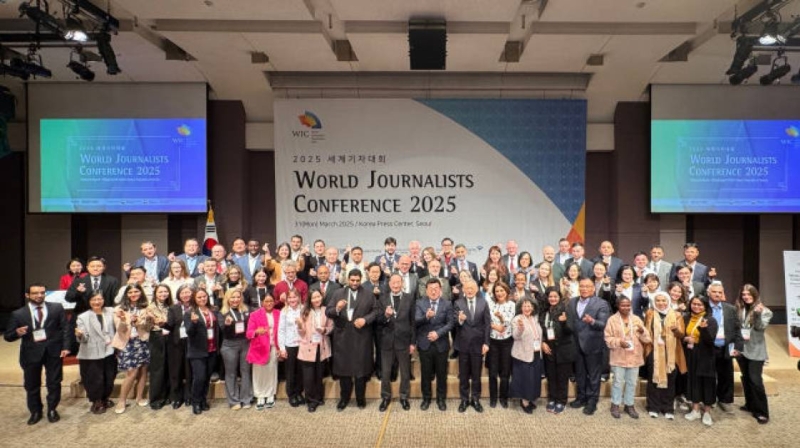Govt set to formulate policy to identify IDPs
Govt set to formulate policy to identify IDPs
Published: 12:00 am Jan 08, 2006
Kathmandu, January 7:
The government is all set to come up with a policy to identify the internally-displaced people (IDP) due to the decade-old Maoist insurgency.
Secretary at the Office of the Prime Minister and Council of Ministers, Diwakar Pant, who looks after human rights unit in the office, told this daily that the government has drafted a policy document in accordance with United Nations guidelines.
During his visit to Nepal in May, UN secretary general Kofi Annan’s special advisor Walter Kalin had asked the government to formulate a policy to identify the IDPs and duly address their hardships.
The policy, Pant said, would be an instrument to provide relief assistance and facilities of shelter, health, employment and education to the children of the IDP families. He said the secretaries of the concerned ministries, including Home Ministry, had once discussed the preliminary draft of the policy.
According to government estimate, till the second week of July there were 18,666 IDPs registered in various districts of the country. But the non-governmental organisations claim the number of IDPs could be over two lakh.
Dr Gopal Krishna Siwakoti, director of INHURED International, a non-governmental organisation working in the field of human rights, said the number of the IDPs could be between 2,14,000 and 2,67,000.
He said most of the displaced families are from Kalikot district in the mid-west and Okhaldhunga in the east region. Siwakoti said a majority of the people have been displaced due to Maoist threats.
Director of Informal Sector Service Centre (INSEC), Subodh Pyakurel, however, said it was very difficult to identify the exact number of the IDPs, as most were scattered in the country while others had migrated to India.
“It is largely a floating population and most of them do not want to be identified as IDPs fearing reprisal from the parties in conflict,” said Pyakurel. Pyakurel said when the Maoists declared a unilateral ceasefire the insurgents had asked the IDPs in Rajhena in Banke and in a nearby settlement in Sunsari to return home.
But the internally-displaced people had sought a guarantee of life and security from the Maoists before returning, he said.





